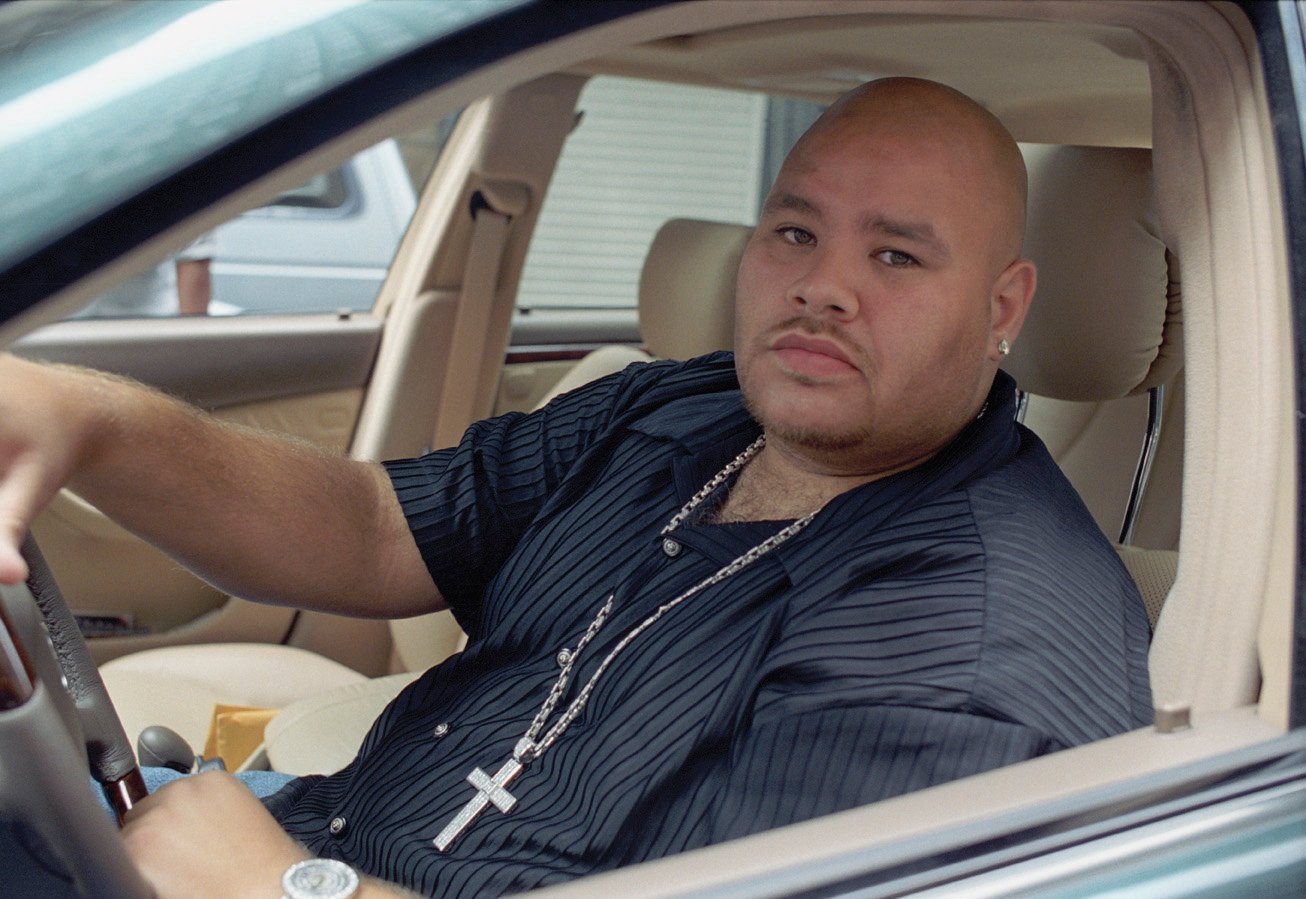MANHATTAN (CN) — Miami rapper Fly Havana got a second chance in his lawsuit against rapper Fat Joe over who created the hit song “All the Way Up,” after the U.S. Court of Appeals for the Second Circuit reinstated claims Tuesday.
A judge in the Southern District of New York granted summary judgment to the defendants without allowing Fly Havana to conduct discovery, counting this one among the “rarest of cases” that allowed such a move.
But the lower court “abused its discretion,” the Circuit panel said in its 30-page opinion penned by U.S. Circuit Judge Sarah A.L. Merriam, a Biden appointee. The appellate court vacated the ruling and remanded the case to Manhattan federal court.
Fly Havana, whose full name is Eric Elliot, says he co-created the 2017 Grammy-nominated song with rapper Infared, who is also named as a defendant, along with rapper Remy Ma.
Infared then collaborated with other artists, including Fat Joe, or Joseph Antonio Cartagena, to prepare the final version of the song that was released in March 2016.
The plaintiff rapper says that Fat Joe — who rose to fame in the early 2000s with his hip hop group Terror Squad and hits like "What's Luv?" and "Lean Back" — acknowledged his part in the song and assured him he would get “some bread up front.” But Fly Havana still has not been properly paid nor credited for his part in the song’s creation.
Judge Merriam recounted some of the purported history of the song — which has 256 million views on Fat Joe's Youtube page — in Tuesday's opinion.
Fat Joe told Fly Havana "he would get him ‘some bread’ up front… more bread later as the song produced income, that they would begin working together because [Fly Havana] was hot and ‘in the zone,’ and that [he] needed to realize that he would have an ‘incredible relationship’ with Fat Joe going forward if he respected Fat Joe,” the judge wrote.
The pair then met at an IHOP in Miami Beach where Fat Joe gave Fly Havana a $5,000 check and produced a document that promised payment and songwriting credit.
Fly Havana says Fat Joe took the signed document and never gave him a copy.
As litigation unfolded, the defendants produced a draft version of the agreement — claiming was identical to the version Fly Havana signed at IHOP — which assigns all of Fly Havana's rights to an entity called “R4 So Valid LLC” and says he is not entitled to any additional compensation.
The district court concluded that the draft document was admissible and denied Fly Havana the ability to conduct discovery before granting summary judgment to Fat Joe.
"But it was not appropriate for the district court to resolve this factual dispute against Elliott, the non-moving party, at the summary judgment stage, particularly without the benefit of discovery," Merriam wrote.
The appellate panel pointed to Fly Havana’s testimony that the draft was not identical to the version he signed and reiterating that the original ensured he would be credited and compensated as a writer.
Merriam added that the court also erred in granting summary judgment because “genuine disputes of material fact exist” as to whether Fly Havana had assigned all of his rights to the song, whether Fat Joe had made promises about future compensation and writing credit in addition to the $5,000 check and what the original document stipulated.
U.S. Circuit Judge William Nardini, a Trump appointee, joined Merriam's opinion. The final judge on the panel was the late U.S. Judge Rosemary S. Pooler, a Clinton appointee, who passed away in August.
AJ Fluehr, who represented Fly Havana, called the circuit decision a victory for "struggling artists and creatives taken advantage of by major industry players."
"Fly Havana's career should have gone 'all the way up' after writing a major hit," Fleuhr told Courthouse News. "Instead, defendants caused it to go all the way down. The Second Circuit recognized that he should have a chance to prove this."
Subscribe to Closing Arguments
Sign up for new weekly newsletter Closing Arguments to get the latest about ongoing trials, major litigation and hot cases and rulings in courthouses around the U.S. and the world.









